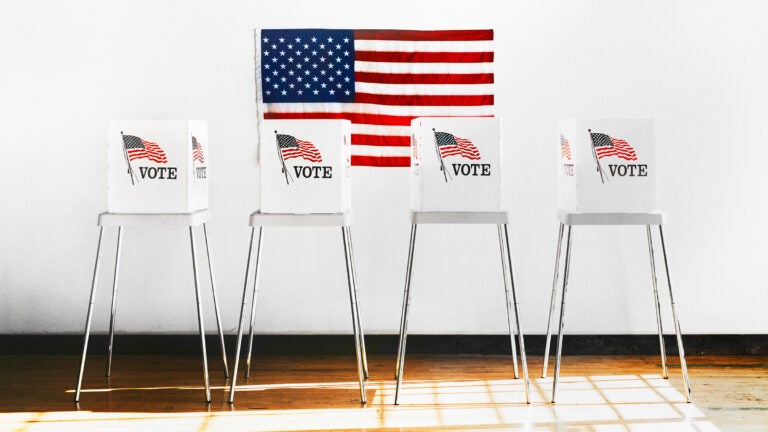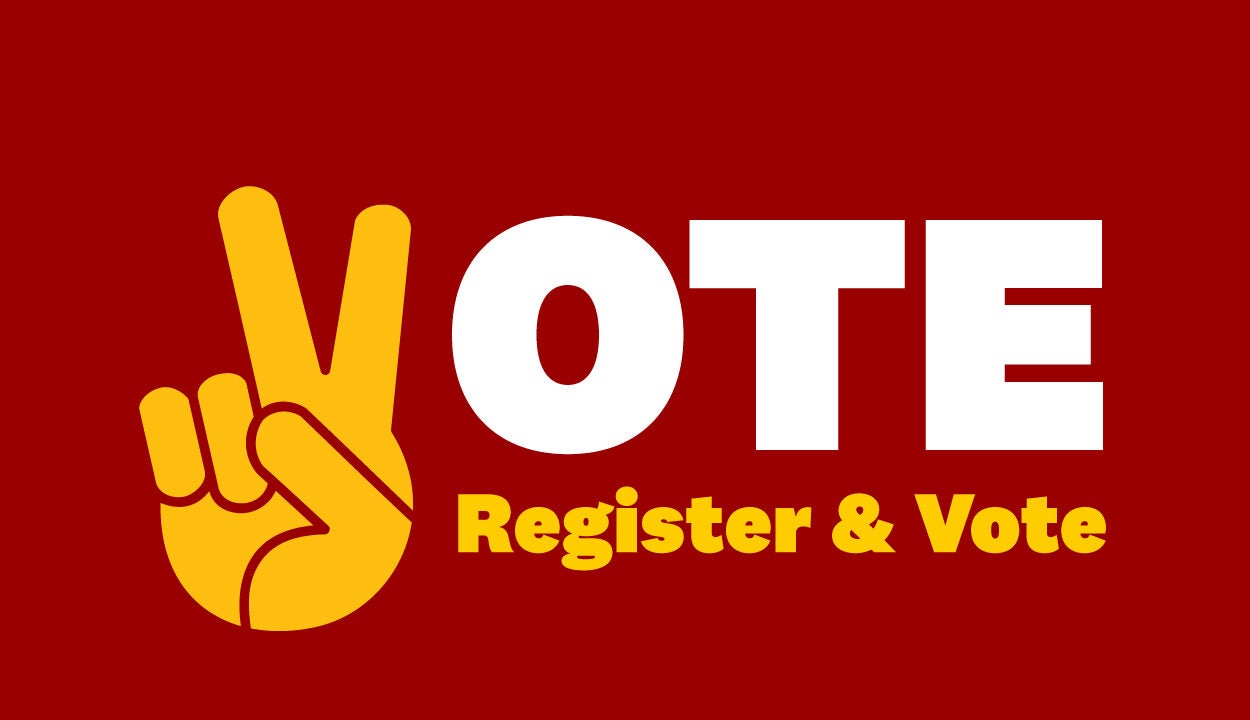
Trust in voting: USC experts discuss misinformation, threats to democracy ahead of Election 2024
A recent Gallup poll showed public trust in the electoral process—a cornerstone of American democracy—is eroding as the rampant spread of misinformation and organized disinformation campaigns breed dangerous skepticism among voters. Now, with early voting underway and Election Day drawing near, the stakes are higher than ever.
USC experts are available to provide insights on how misinformation spreads, the role of media and AI in safeguarding election integrity and potential solutions to restore voter confidence in democracy.
Contact: Nina Raffio, raffio@usc.edu or (213) 442-8464; USC Media Relations, uscnews@usc.edu or (213) 740-2215
Media’s role in defending election integrity
 “One of the most dangerous consequences of the concerted disinformation efforts intended to undermine public confidence in our democratic institutions has been the attacks on the fairness of our elections,” said Tom Hollihan, an expert on media and politics, media diplomacy and political campaign communication.
“One of the most dangerous consequences of the concerted disinformation efforts intended to undermine public confidence in our democratic institutions has been the attacks on the fairness of our elections,” said Tom Hollihan, an expert on media and politics, media diplomacy and political campaign communication.
“This campaign, coupled by the efforts of former President Trump to overturn the results of the 2020 election, led to the violent protests of January 6th and the lingering distrust on the right today. It is imperative that all media outlets focus their efforts on rebutting mistruths and rehabilitating the public’s confidence in our elections. Misleading or untruthful posts should be called out and if possible removed,” said Hollihan, a professor of communication at the USC Annenberg School for Communications and Journalism.
Contact: hollihan@usc.edu
Generative AI takes misinformation to new extremes
 “The advent of generative AI poses an unprecedented threat to the integrity of the information ecosystem and therefore potentially to society and the ability to have fair democratic discussions online. In the hands of well-motivated and well-resourced adversaries, these tools could lead to influence campaigns with potentially catastrophic effects on elections decided by slim margins,” said Emilio Ferrara, principal scientist at USC’s 2024 Election Integrity Initiative.
“The advent of generative AI poses an unprecedented threat to the integrity of the information ecosystem and therefore potentially to society and the ability to have fair democratic discussions online. In the hands of well-motivated and well-resourced adversaries, these tools could lead to influence campaigns with potentially catastrophic effects on elections decided by slim margins,” said Emilio Ferrara, principal scientist at USC’s 2024 Election Integrity Initiative.
Ferrara, who is also a a professor of computer science and communication at the USC Viterbi School of Engineering and USC Information Sciences Institute, added that historically marginalized or underserved groups are particularly vulnerable to harmful influence operations, making them prime targets for malicious actors intent on swaying voters.
“The old saying, ‘I’ll believe it when I see it,’ no longer holds in an era defined by AI’s ability to produce, fabricate or simulate anything we can imagine. We must now approach any unverified, sensational, or seemingly too-good-to-be-true story with default skepticism.”
Contact: emiliofe@usc.edu
Misinformation manipulates emotions, not just facts: Why we need ‘vibe-checking’ alongside fact-checking
 “Conventional wisdom holds that misinformation is a primary culprit in the divisive nature of social media, but this perspective misses the mark. The power of misinformation lies not in its factual content, but in the emotional response it elicits,” said Kristina Lerman, a research professor of computer science and principal scientist at USC Viterbi’s Information Sciences Institute.
“Conventional wisdom holds that misinformation is a primary culprit in the divisive nature of social media, but this perspective misses the mark. The power of misinformation lies not in its factual content, but in the emotional response it elicits,” said Kristina Lerman, a research professor of computer science and principal scientist at USC Viterbi’s Information Sciences Institute.
“Rather than focusing solely on fact-checking, we should consider ‘vibe-checking’ – explaining to the reader who benefits from the spread of this information and who is potentially harmed by it, and what emotional needs it fulfills for its audience. Acknowledging that the true power of misinformation lies not in its factual inaccuracy, but in its emotional resonance and social function may help dilute its power to divide.”
Contact: lerman@isi.edu
Rising disillusionment harms voter engagement and democratic representation, expert says
 “In the long term, the greatest risk we face is the potential destabilization of not just our democracy, but democracies around the world. Our democratic institutions are already vulnerable. We’re seeing higher levels of distrust in our elections, how they’re run and the validity of their outcomes,” said Mindy Romero, founder and director of the Center for Inclusive Democracy at the USC Price School of Public Policy.
“In the long term, the greatest risk we face is the potential destabilization of not just our democracy, but democracies around the world. Our democratic institutions are already vulnerable. We’re seeing higher levels of distrust in our elections, how they’re run and the validity of their outcomes,” said Mindy Romero, founder and director of the Center for Inclusive Democracy at the USC Price School of Public Policy.
“There are a lot of indicators that tell us we already have low levels of participation in our democracy—whether it’s civic, political, or specifically electoral. In fact, the U.S. has some of the lowest turnout rates among established democracies, which can be jarring for Americans to hear,” she said.
“Plus, there are significant disparities in those participation levels, meaning the people who are voting don’t reflect the rest of the population. This lack of representation isn’t good for democracy because, again, our representatives aren’t representing everybody.”
Contact: msromero@usc.edu
(Photo/iStock)
###

###



